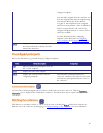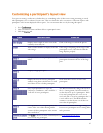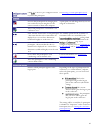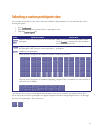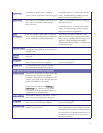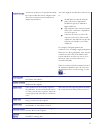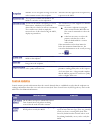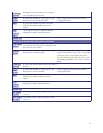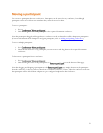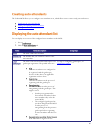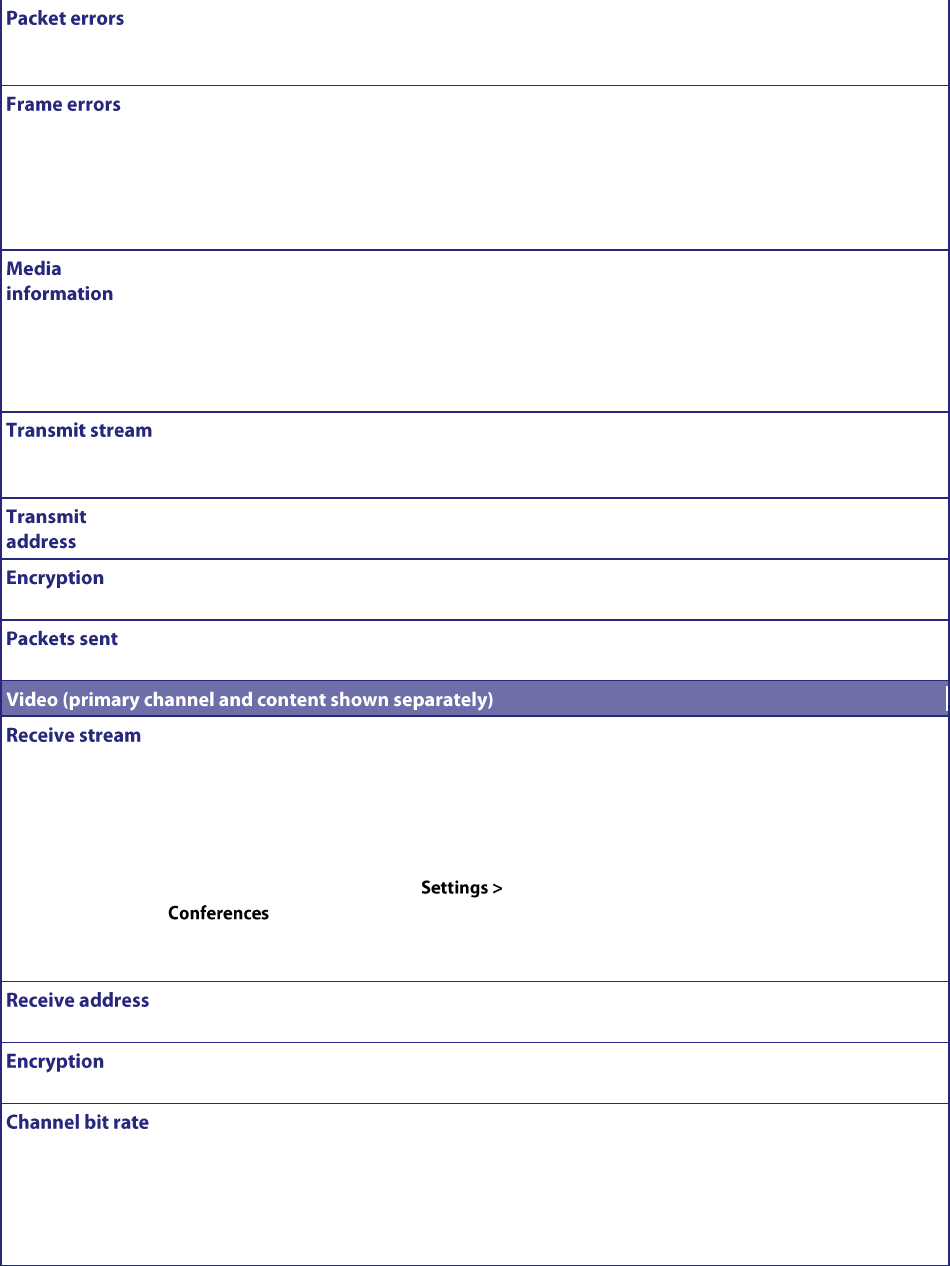
73
The number of packet errors, including
sequence errors, and packets of the wrong type.
You should expect to see small values for this
setting. Consistently large numbers typically
imply potential network problems.
Frame errors, as A/B where A is the number of
frame errors, and B is the total number of
frames received.
A frame is a unit of audio, the size of which is
dependent on codec.
You should expect to see small values for this
setting. Consistently large numbers typically
imply potential network problems.
If the time stamps or marker bits (or both) are
detected to be unreliable in the incoming video
stream, information will be displayed here.
This field is not displayed when there is no
problem with the time stamps and marker bits.
Where there is a problem the following text is
displayed: "Media timestamps unreliable",
"Media marker bits unreliable", or both if both
conditions detected.
The audio codec being sent from the MCU to
the endpoint, along with the chosen packet size
in milliseconds.
The IP address and port to which the media is
being sent.
Whether or not encryption is being used on the
audio transmit stream by this endpoint.
This field will only appear if the encryption key
is present on the MCU.
A count of the number of packets that have
been sent from the MCU to the endpoint.
The codec in use and the size of the picture that
the MCU is receiving from the specific
participant. If the picture is a standard size (for
example, CIF, QCIF, 4CIF, SIF) then this name
is shown in parentheses afterwards.
If ClearVision is enabled on the
page, and if it is in use on this
video stream, then the original and enhanced
resolutions are both displayed here.
The IP address and port (<IP address>:<port>)
of the device from which video is being sent
Whether or not encryption is being used on the
video receive stream from this endpoint.
This field will only appear if the encryption key
is present on the MCU.
The negotiated bit rate available for the
endpoint to send video in.
This value represents the maximum amount of
video traffic that the remote endpoint will send
to the MCU. It may send less data than this (if it
does not need to use the full channel bit rate or
the MCU has requested a lower rate), but it
should not send more.




